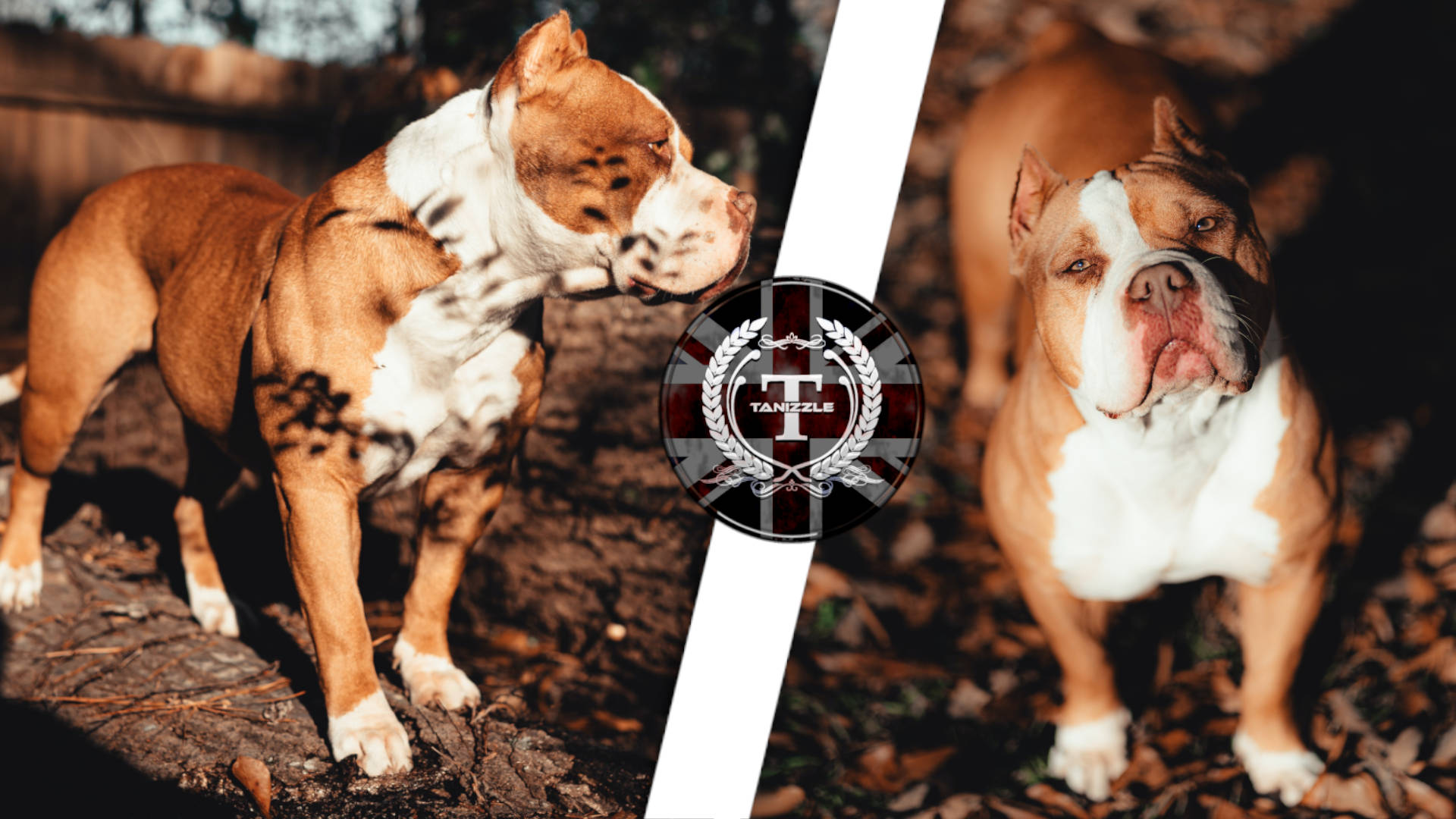Controversial ban on American XL Bully dogs sparks debate over the effectiveness of breed-specific measures in ensuring public safety, and we're against it.
Why Ban The American XL Bully?
Just so you know where this is heading, we're saying: the real bully is the UK government. With some people calling it "Dog Racism", in a recent announcement, UK Prime Minister Rishi Sunak has declared the intention to ban American XL Bully dogs following a tragic incident involving a man named Ian Price. This decision has stirred a heated debate, with proponents of the ban emphasizing public safety, while opponents argue that breed-specific bans miss the root of the problem.
The American XL Bully ban: Prime Minister's perspective. Rishi Sunak asserts that American XL Bully dogs pose a significant danger to communities and must be banned by the end of the year. The fatal attack on Ian Price (the unfortunate victim) has intensified the urgency to address what Sunak considers a pattern of dangerous behavior among these dogs.
A Breed-Specific Ban: Pros and Cons
While the ban has garnered support from various quarters, it also faces criticism, especially from dog owners and animal advocacy groups. Some argue that breed-specific bans may not effectively address the root causes of dog attacks. They suggest that a more comprehensive approach focusing on responsible ownership and training is necessary.
The Dangerous Dogs Act and existing breed bans: What are the banned dogs in the UK? There are four dog breeds are already banned under the Dangerous Dogs Act: Pit Bull Terriers, Japanese Tosas, Dogo Argentinos, and Fila Brasileiros. Additionally, dogs with physical characteristics resembling these breeds are also prohibited. That pretty much means that if your pooch looks like (based on resemblance) any one of them, they'd be killed, or to better put it, they'd face euthanasia. Ownership of a banned dog can result in severe penalties, including fines and imprisonment.
To better understand the context, let's examine some statistics gathered from our beloved internet (even if it doesn't sound good, at all!).
- Hospital admissions due to dog bites have been steadily increasing over the past 15 years.
- In 2022, there were 8,819 hospital admissions in England for dog bites, compared to 4,699 in 2007.
- Ten people in England and Wales lost their lives in 2022 due to dog bite injuries.
The American XL Bully: A Breed Under Scrutiny
The American XL Bully is the largest type of the American Bully breed, weighing over 60kg. Interestingly, it is not recognized by prominent British dog associations, such as the Kennel Club. This breed has been involved in several high-profile attacks, sparking concerns about its potential danger.
While some dog owners vehemently oppose the breed-specific ban, others are in favor. For instance, campaign groups (also known as haters) like Bully Watch and the Campaign for Evidence-Based Regulation of Dangerous Dogs welcome the government's decision, labeling American XL Bullys as a "clear and present threat to public health."
Critique of Breed-Specific Bans: Looking Beyond the Breed
Critics of the ban, like Charlotte Towner (a very smart woman indeed) argue that banning the breed itself won't address the issue comprehensively. They emphasize the importance of responsible ownership and proper training to prevent dog attacks. These voices suggest that a ban may unfairly stigmatize well-behaved dogs and owners... and it would.
The Dog Control Coalition, which includes organizations like the RSPCA and Battersea Dogs Home, questions the ban's effectiveness. They highlight the need to address unscrupulous breeders and irresponsible owners and express concerns about the lack of substantial data supporting the ban.
Tanizzle Says
As the debate over banning American XL Bully dogs continues, it's clear that the issue of dog attacks in the UK demands a multifaceted approach. Balancing the safety of the public with the rights of responsible dog owners remains a challenge. In the end, it may require a combination of breed-specific regulations, responsible ownership practices, and a deeper understanding of the root causes of dog attacks to ensure a safer future for all.
On that note, it's pretty much clear that we do not condone the expected ban and think that the UK government are forcing it and are doing it for, well, you guessed it, points. RIP to all victims of dangerous dogs, in addition to the surviving.
Share Your Views With Us
Join the conversation, as your opinion matters to us. Feel free to comment below or share this now by launching our share tools.
Want more of us? Join our fast growing communities when you like Tanizzle on Facebook, follow Tanizzle on Twitter and subscribe to the Tanizzle Studios YouTube Channel.


